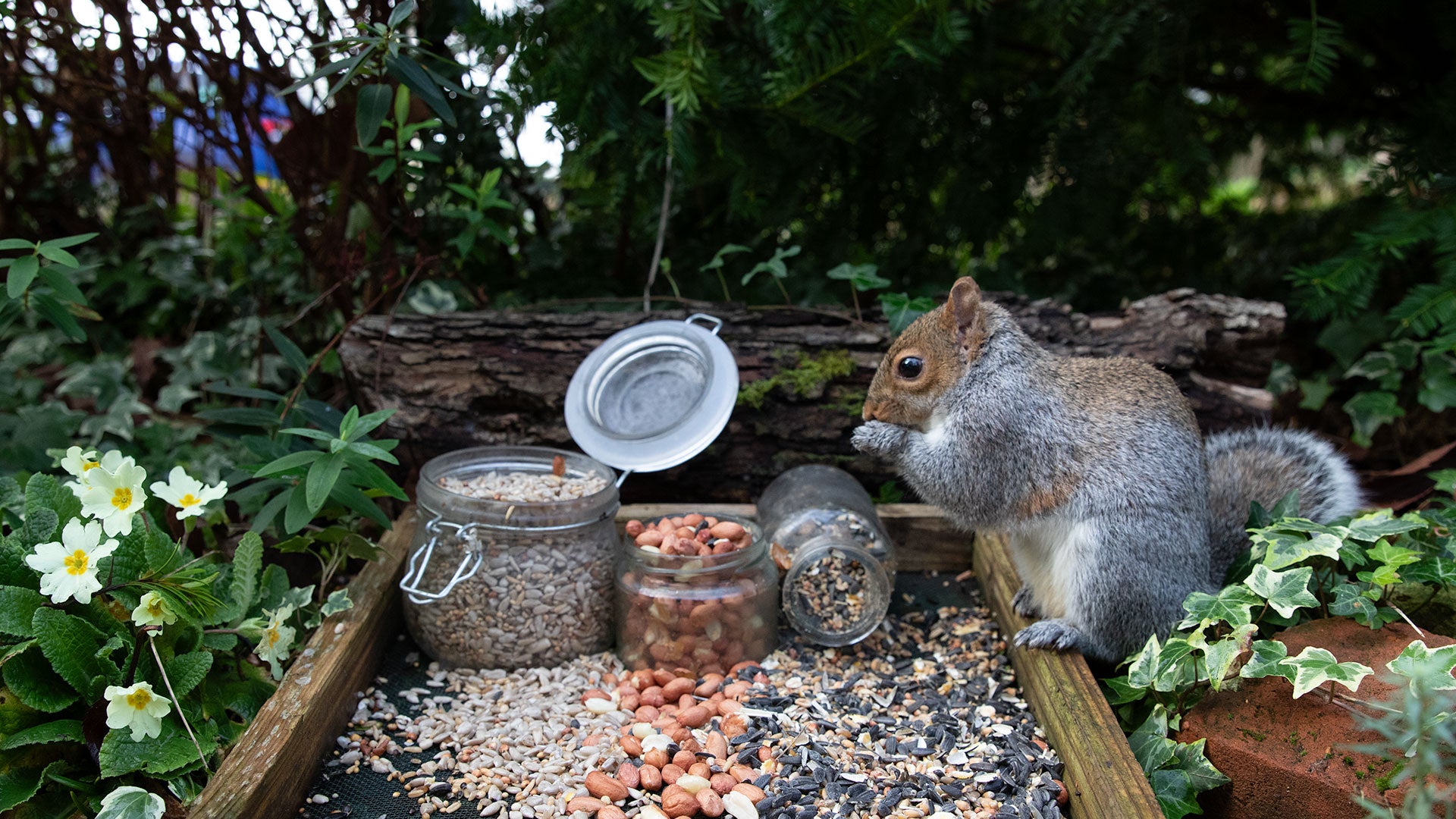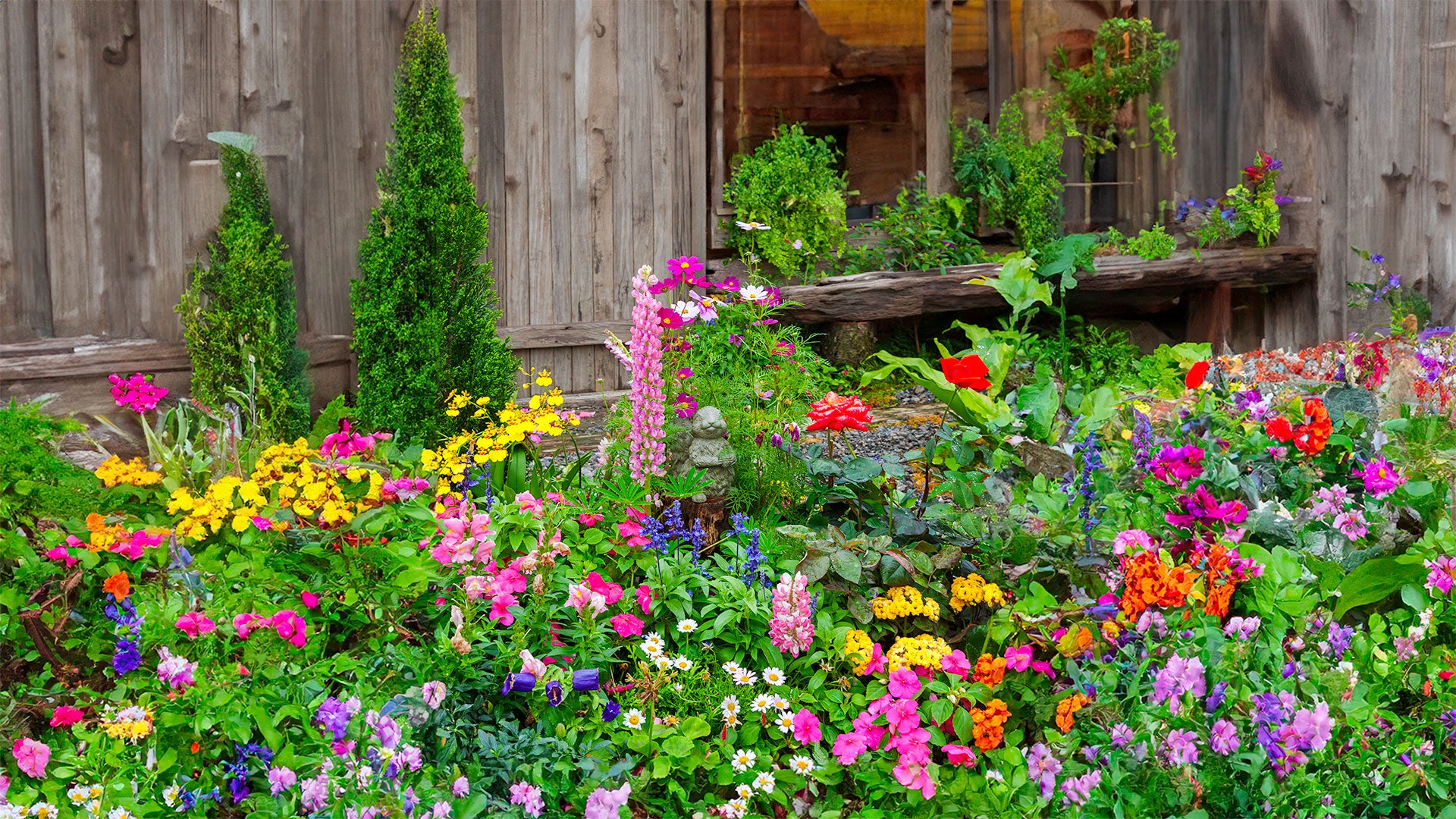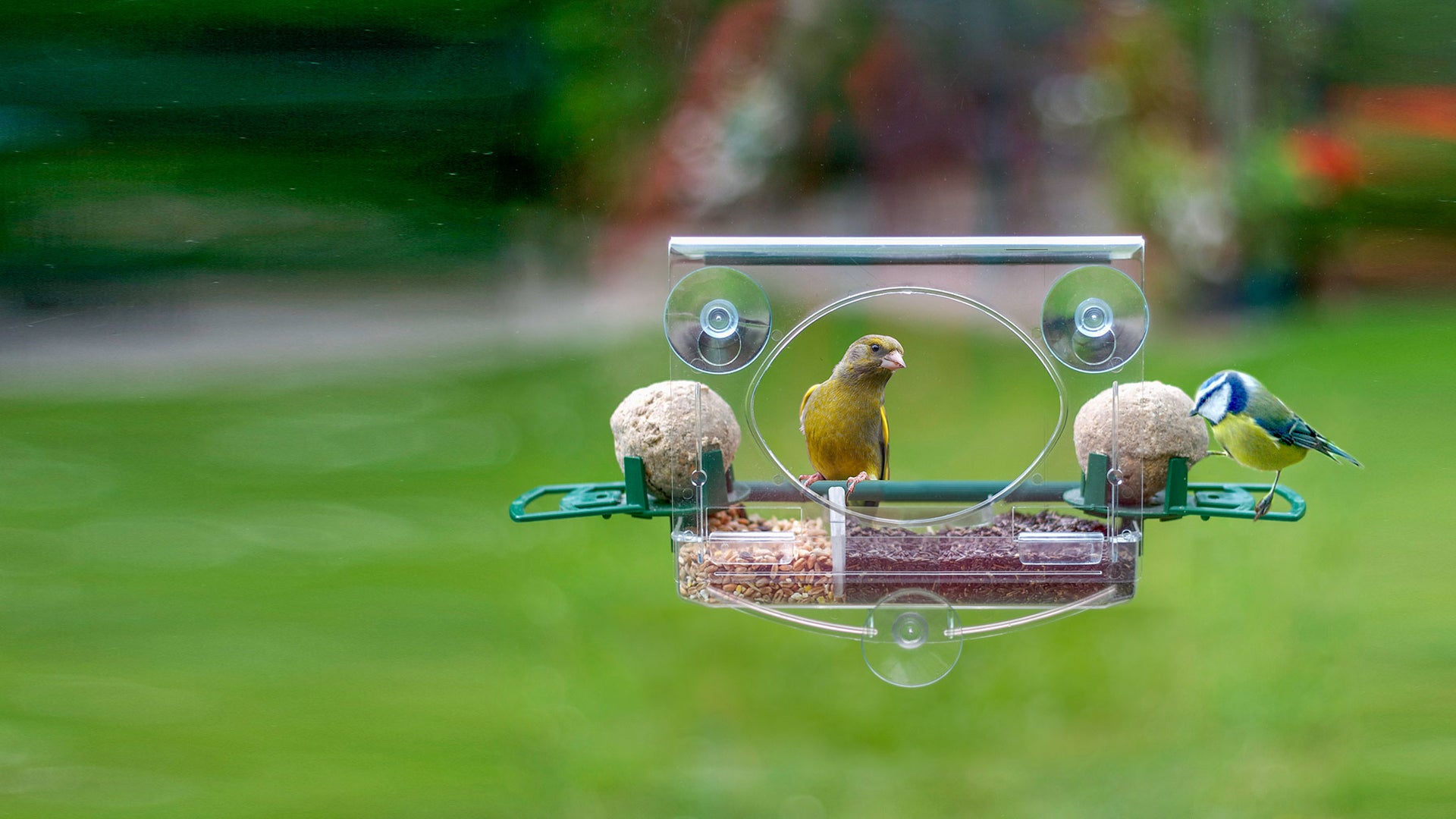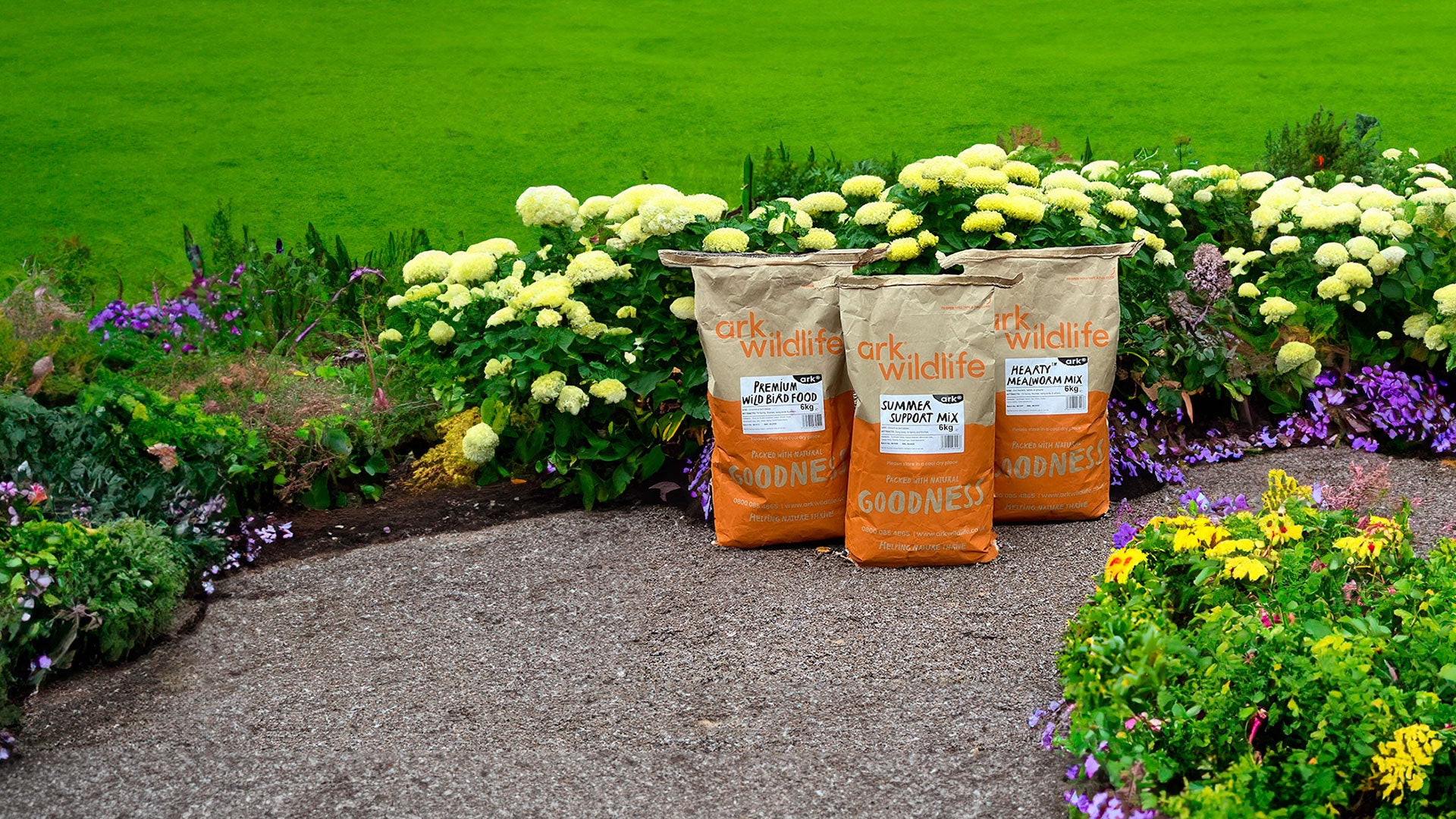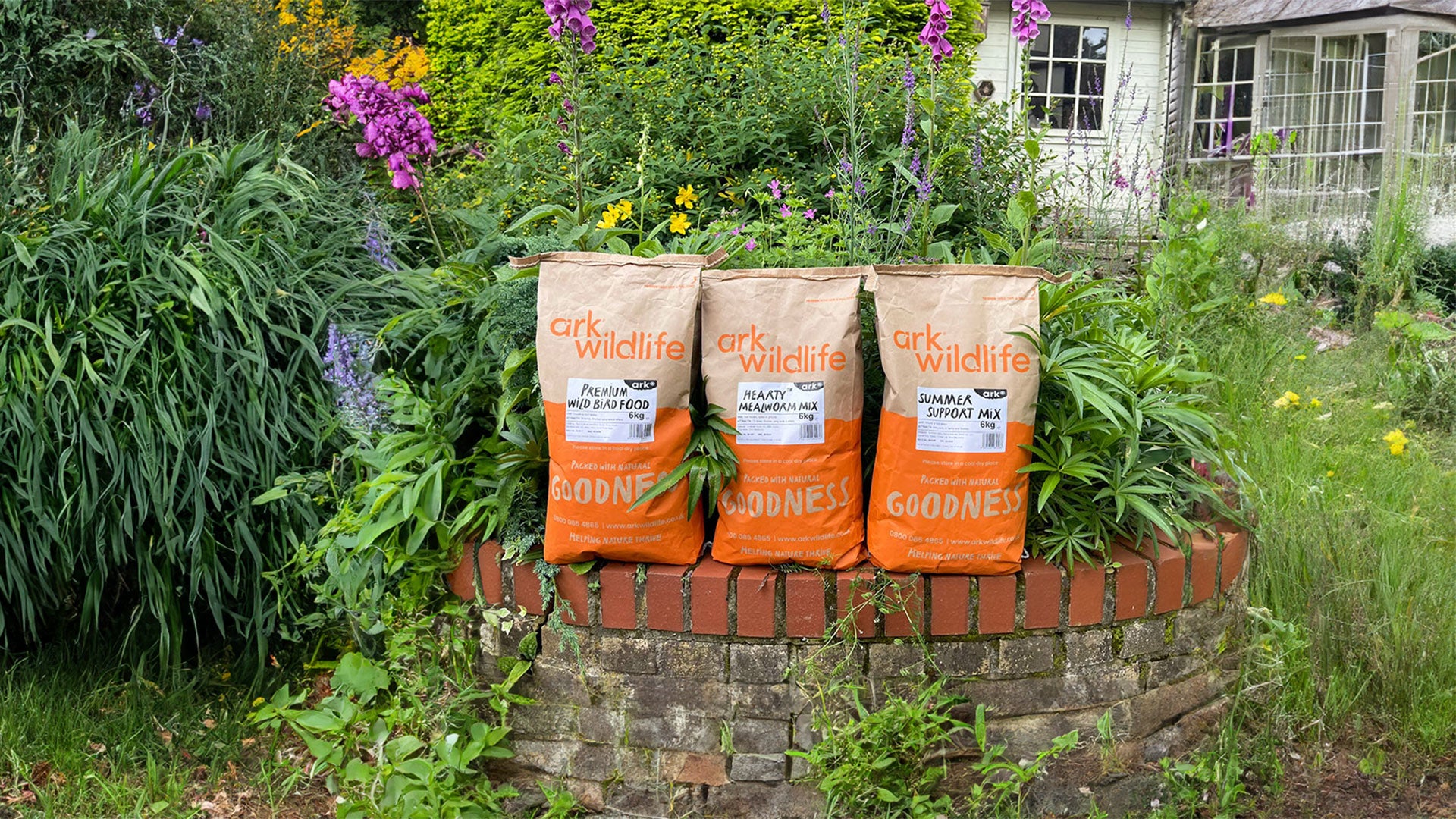Our gardens matter. Domestic gardens cover more land in the UK than all nature reserves combined. So, while wildlife is suffering from loss of natural woodland, hedgerow, and meadow habitats, our gardens take on an ever more important role.
Urbanisation and intensive farming methods provide a roof over our head and food for our bellies but offer little support for our native plants and animals. In fact, in many ways our managed environments are downright hostile to wildlife.
Once upon a time, ‘feeding the birds’ was a casual pastime, involving throwing out a few scraps of food to bring the abundant hedgerow birds a little closer for our own entertainment. However, since the 1970’s bird populations have plummeted by 70% or more, and a previously casual pastime has taken on a whole new level of importance.

In fact, feeding birds is only the beginning of what we need. Ensuring our gardens are (at least) non-hostile, and ideally nature friendly, is becoming a priority. Birds and insects have the benefit of flight and can easily travel to the best environments (gardens). Other wildlife is less fortunate but needs our support just as much. Make a garden wildlife friendly and nature will find it. It may take time, but don’t give up. The more wildlife friendly gardens we create, the quicker we open up ‘wildlife habitat corridors’, a patchwork quilt of wildlife friendly gardens across the UK. Making it easier for wildlife to travel across and colonise these spaces.
Not every garden will suit all forms of wildlife and that’s OK. If a garden is accessible and safe, some plants and animals will make it home, others will use it as a thoroughfare. Either way, the garden has served its purpose to support and promote wildlife.
If you feed the birds, (nowadays we call many of them ‘garden’ birds reflecting the loss of natural habitat), what else might you be able to do? The great thing about gardening for wildlife is it takes nothing away from the joy of growing vegetables or flowers. Nor does it stop you enjoying BBQ’s, or the kids kicking a football around the lawn. In fact, it takes very little effort at all.

Simple steps can make a garden more friendly to wildlife, passing though or resident. Reduce or stop using chemicals, especially pesticides. Add a water feature, a simple low bird bath or dish will work as well as a pond. Make the garden accessible. Leave a gate open and ideally make a hole in fences (called hedgehog highways) to allow access to ground-based creatures such as amphibians and hedgehogs. Leave some areas unkempt. Long grass and native plants are food and home to multiple invertebrates. Fallen leaves are home to many creatures and robins and blackbirds love to rummage through them. A compost heap encourages fungi growth (great for plants) and makes a warm damp bed for a vast array of creatures.
I’m an avid fan of bee houses and insect habitats. Simply put one up on a south facing wall or fence and it will quickly be occupied by a range of flying insects, including solitary pollinating bees. I know of no other nature friendly activity to engage and excite children more than putting up an insect house and then watching the residents move in. No child (or adult) will ever forget the first time they see a leafcutter bee carrying a marble sized disc of leaf between its feet in preparation for building a nest chamber.
Doing one thing for nature in your own garden, combined with millions of like-minded neighbours, will make a BIG impact. Our gardens are hugely important for wildlife.

